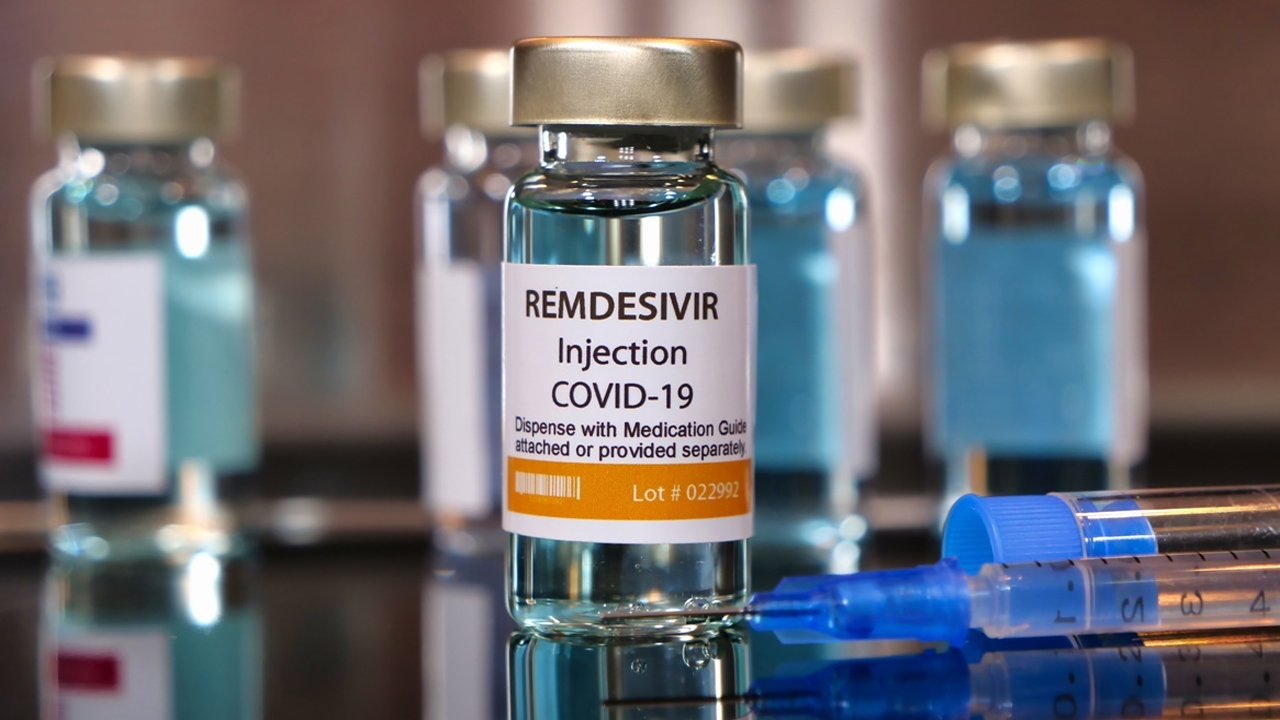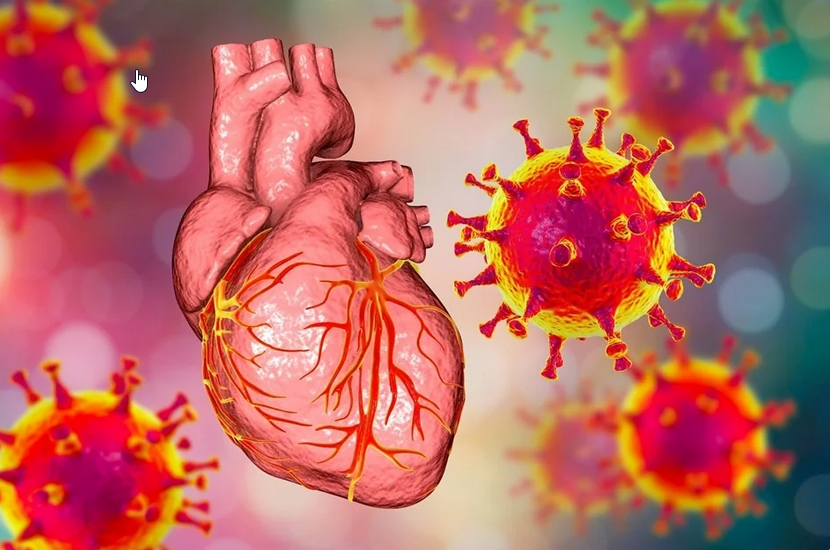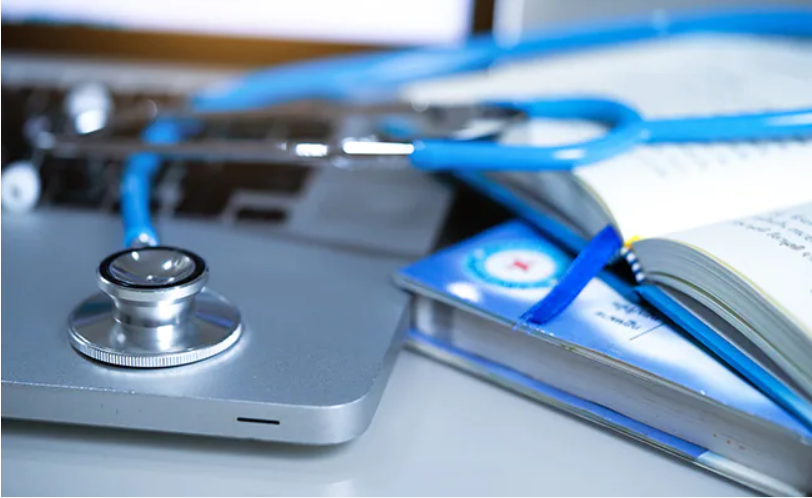The antiviral drug remdesivir is not suggested for patients admitted to hospital with covid-19, regardless of how severely ill they are, because there is currently no evidence that it improves survival or the need for ventilation, say a WHO Guideline Development Group (GDG) panel of international experts in The BMJ recently.
The recommendation is part of a living guideline, developed by the World Health Organization with the methodological support of MAGIC Evidence Ecosystem Foundation, to provide trustworthy guidance on the management of covid-19 and help doctors make better decisions with their patients.
Living guidelines are useful in fast moving research areas like covid-19 because they allow researchers to update previously vetted and peer reviewed evidence summaries as new information becomes available.
Remdesivir has received worldwide attention as a potentially effective treatment for severe covid-19 and is increasingly used to treat patients in hospital. But its role in clinical practice has remained uncertain.
Today’s recommendation is based on a new evidence review comparing the effects of several drug treatments for covid-19. It includes data from four international randomised trials involving over 7,000 patients hospitalised for covid-19.
After thoroughly reviewing this evidence, the WHO GDG expert panel, which includes experts from around the world including four patients who have had covid-19, concluded that remdesivir has no meaningful effect on mortality or on other important outcomes for patients, such as the need for mechanical ventilation or time to clinical improvement.
The panel acknowledged that the certainty of evidence is low and said the evidence did not prove that remdesivir has no benefit; rather, there is no evidence based on currently available data that it does improve important patient outcomes.
But given the remaining possibility of important harm, as well as the relatively high cost and resource implications associated with remdesivir (it must be given intravenously), they judged this to be an appropriate recommendation.
They also support continued enrolment into trials evaluating remdesivir, especially to provide higher certainty of evidence for specific groups of patients.
In a linked feature article, US journalist Jeremy Hsu asks what now for remdesivir, given that it is unlikely to be the lifesaving drug for the masses that many have hoped for?
The full story of remdesivir will not be known until manufacturer Gilead releases the full clinical study reports, writes Hsu, but much will depend on whether future studies are designed to test remdesivir’s potential effectiveness.
In the meantime, he says alternative treatments, such as the well known, cheap, and widely available corticosteroid dexamethasone, that has been proved to reduce mortality among severely ill covid-19 patients, are now impacting discussions about remdesivir’s cost-effectiveness.

 Currently no evidence that it improves survival and other important measures
Currently no evidence that it improves survival and other important measures







.png)
.png)












.jpeg)

.jpeg)










.jpg)




.jpg)

